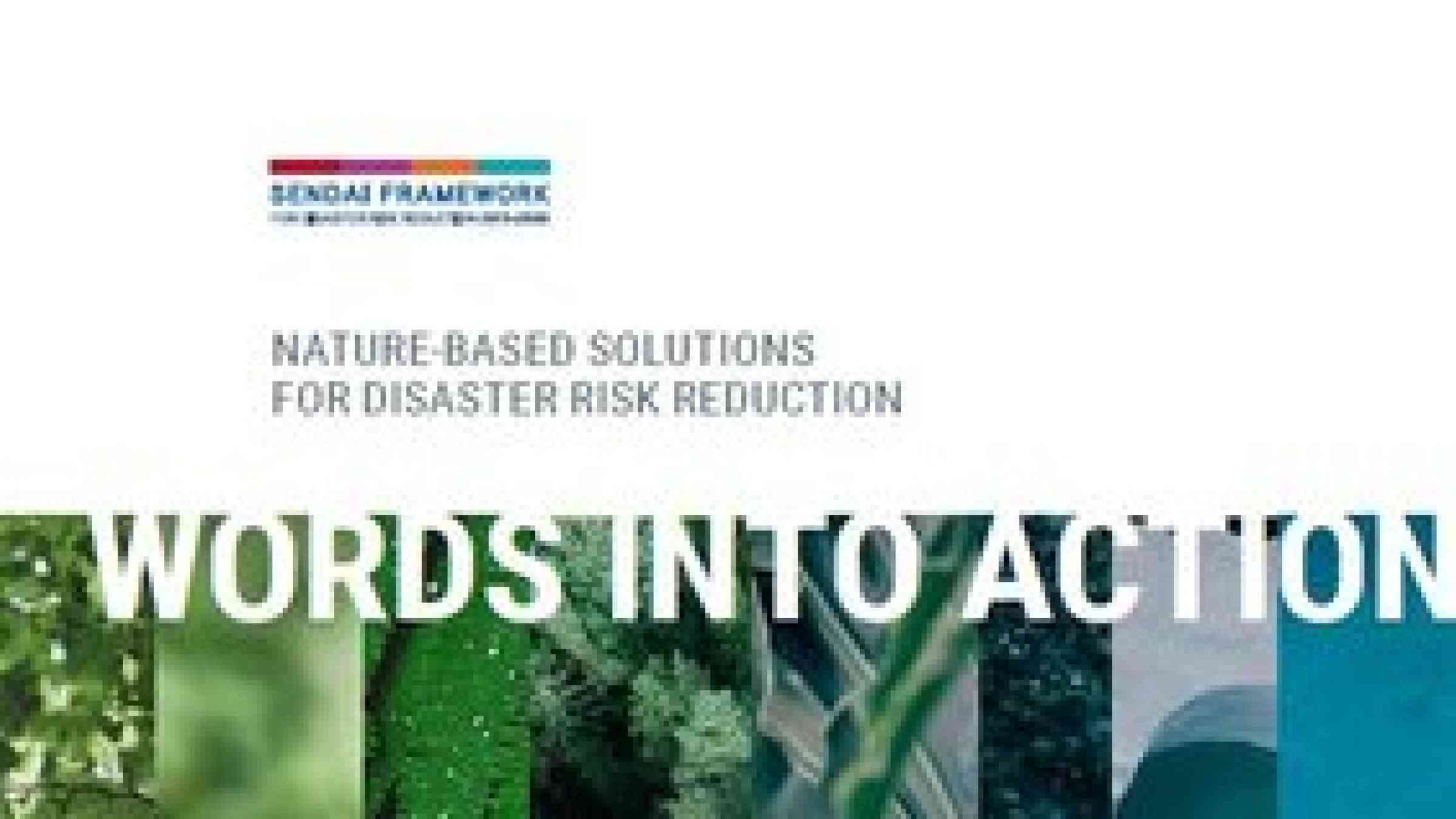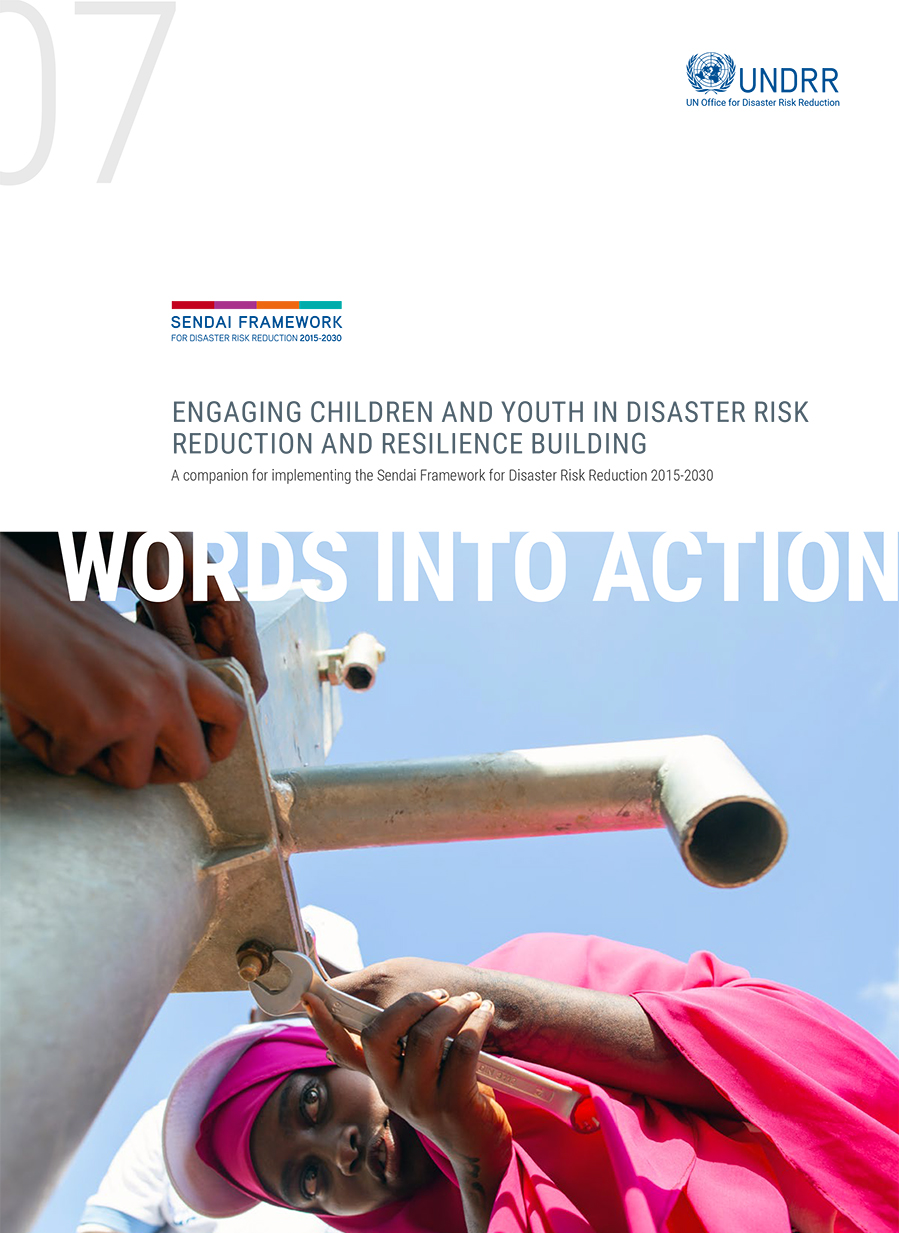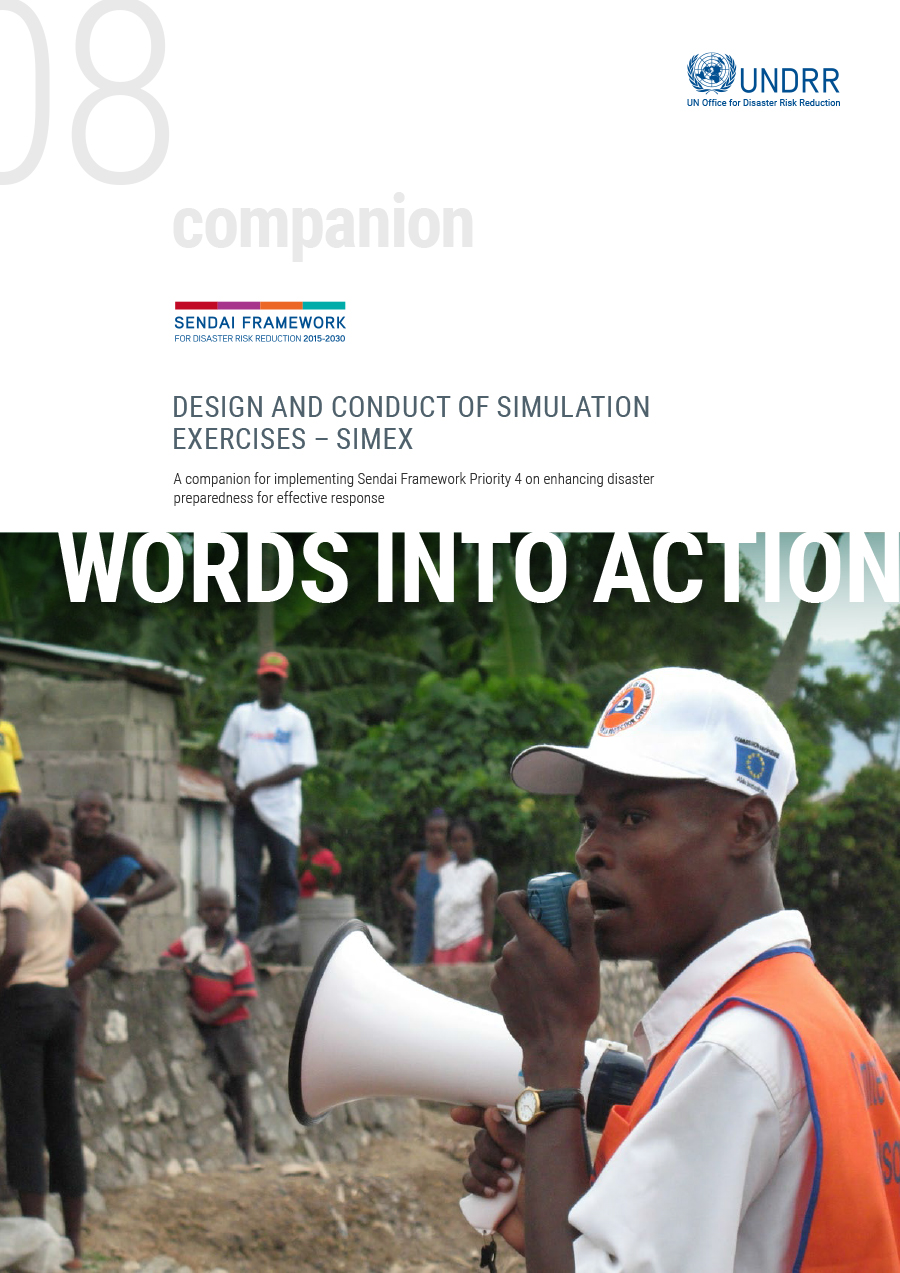Words into Action: Nature-based Solutions for Disaster Risk Reduction
Nature-based solutions are
Cheap, effective and scalable, Nature-based Solutions (NbS) can help governments address the growing challenges of climate change, biodiversity loss, increased frequency of extreme weather and natural hazards as well as other human-made environmental disasters. Defined as actions that protect, sustainably manage and restore natural or modified ecosystems, NbS address many societal challenges while providing human well-being and biodiversity benefits.
While support for NbS is growing around the world, uptake varies widely from region to region due to differing levels of economic development and funding, skepticism over evidence of long-term benefits and many other interconnected factors.
With this in mind, we developed this Words into Action: Nature-based Solutions for Disaster Risk Reduction guide. It offers practical, expert-informed guidance on setting up and implementing NbS, especially for disaster risk reduction (DRR), but also for climate change adaptation. Designed to help implement the Sendai Framework for Disaster Risk Reduction 2015-2030, this Words into Action guide will assist countries in advancing their national disaster risk reduction and climate strategies with ample evidence and practical examples of Nature-based Solutions that are already benefiting billions of people.
In 2020
50+ MILLION
People were affected by water and climate-related events while fighting COVID-19
Source: UNDRR
Protecting coastal wetlands could save the insurance industry
$52 BILLION
a year through reduced losses from storm and flood damage
Source: WEF, 2020
Failure to act on ecosystem rehabilitation is costing
$20 TRILLION
to global economy in lost ecosystem goods and services
Source: UNDP, 2020
WHAT ARE NATURE BASED SOLUTIONS?
Nature-based Solutions are about working with nature to protect, restore and sustainably manage ecosystems. This animation shares examples of Nature-based Solutions for Sustainable Development, crossing environmental management, disaster risk reduction, climate change adaptation, and climate change mitigation.
Women and nature-based solutions
The critical role women play in nature-based disaster mitigation, response and recovery is often overlooked. While there has been some progress, much still needs to be done to ensure that the needs, perspectives, and ideas of women are included in disaster risk reduction efforts that are just, effective, and sustainable.
IUCN GLOBAL STANDARD FOR NATURE-BASED SOLUTIONS FRAMEWORK
IUCN developed a Global Standard for Nature-based Solutions to help mainstream the concept. This infographic shows the Standard’s 8 criteria, which are intended to enable the translation of the NbS concept into targeted actions for implementation, reinforcing best practices.

IUCN GLOBAL STANDARD FOR NATURE-BASED SOLUTIONS
Ali Raza Rizvi, Programme Manager, Ecosystem-based Adaptation tells us why working with nature is important and how IUCN’s Global Standard for Nature-based Solutions (Nbs) can help safeguard people and nature by adopting a common language and framework.

Addressing landslides through ecosystems restoration in Columbia:
A case Study presented by the United Nations Environment Programme (UNEP)
Colombia is a country where natural socioeconomic and political factors converge, causing disasters to have a daily impact on different regions of the country. An analysis of disaster risk in Colombia reveals that 31 percent of the population is at risk due to various types of landslides. There is a significant correlation between the quantity and dynamics of water resources and landslides. So, working at the watershed is fundamental to disaster risk reduction. This video presents the Guarino River Basin example.
Conversations with Mami Mizutori, Head of UNDRR
Are nature-based solutions a silver bullet? Will they protect us from the worst impacts of climate change and biodiversity loss? Could they protect us from biological disasters such as the pandemic we are living through right now?
Our podcast guests include Nathalie Seddon, professor of biodiversity at Oxford University and Director of the Nature-Based Solutions Initiative and Dr. Krishna Vatsu, an esteemed member of the national disaster management of the government of India
NATURE-BASED SOLUTIONS FOR SUSTAINABLE DEVELOPMENT: ECOSYSTEM-BASED APPROACHES
In order to achieve the Sustainable Development Goals, reduce disaster risk and effectively address climate change, Nature-based Solutions should be treated as integral to disaster risk reduction and climate adaptation strategies at global, national and local levels.
This Ecosystem-based approaches infographic shows the three main societal aims of Nature-based Solutions on its outer ring: 1. Dealing with climate change; 2. taking care of our planet for the long-term, and 3. protecting people and livelihoods.
The inner ring shows the many different ecosystem-based approaches encompassed within the NbS umbrella concept that aim to manage land, water, sea and living resources in a way that promotes conservation and sustainable use in a holistic and equitable way.
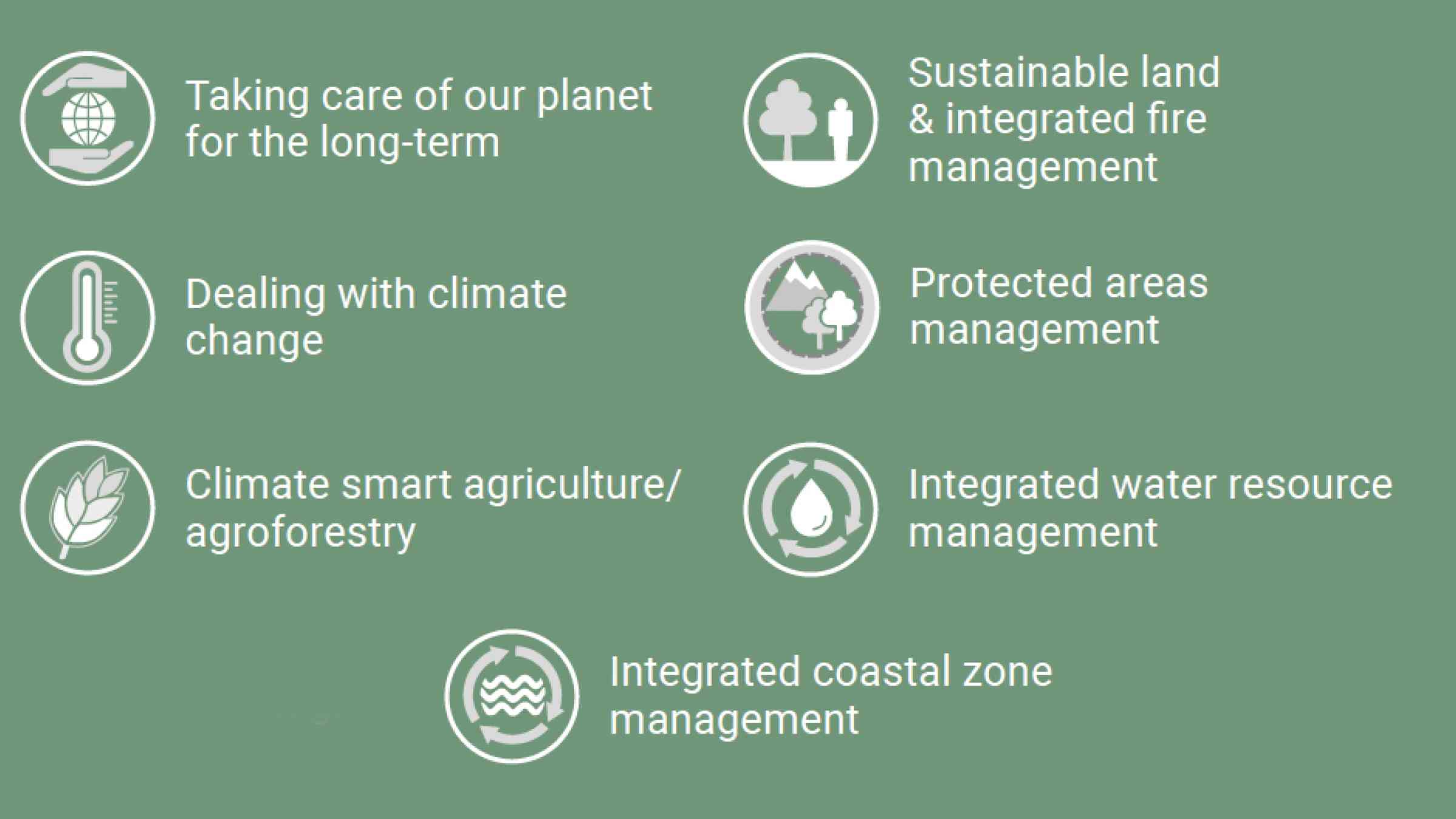

WHAT THEY SAID
UNEP Interview: Olga Nieto Moreno, Ministry of Environmental and Sustainable Development, Colombia
Olga Nieto Moreno, Head of Ecosystem Based Disaster Risk Reduction at Colombia’s Ministry of Environmental and Sustainable Development, discusses how the country is progressing on Nature-based Solutions and what the future holds.
Q&A with Wetlands International: Building with Nature at scale in Indonesia
The Building with Nature Indonesia initiative aims to build stable coastlines with reduced erosion risk through a unique integration of mangrove restoration, small scale hard-engineering and sustainable land use. We caught up with Apri Susanto Astra at Wetlands International to discuss the initiative’s success in reducing disaster and climate risks, how it is benefitting local livelihoods, and its potential to scale to locations facing a similar set of challenges.

Build back BETTER with nature as an ally
Nature-based Solutions provide an enormous opportunity to “Build Back Better” while enhancing adaptive capacity and resilience in all stages of disaster management.
INVESTING IN NATURE IS GOOD FOR BUSINESS
Momentum is building for companies to mitigate their climate and nature impacts, and invest in Nature-based Solutions The incentives are huge - over $10 trillion in annual business opportunities and close to 400 million jobs by 2030 with nature-focused economic developments, by some accounts. But is business really in it to win it? WWF’s Nature & People lead Gavin Edwards explains.
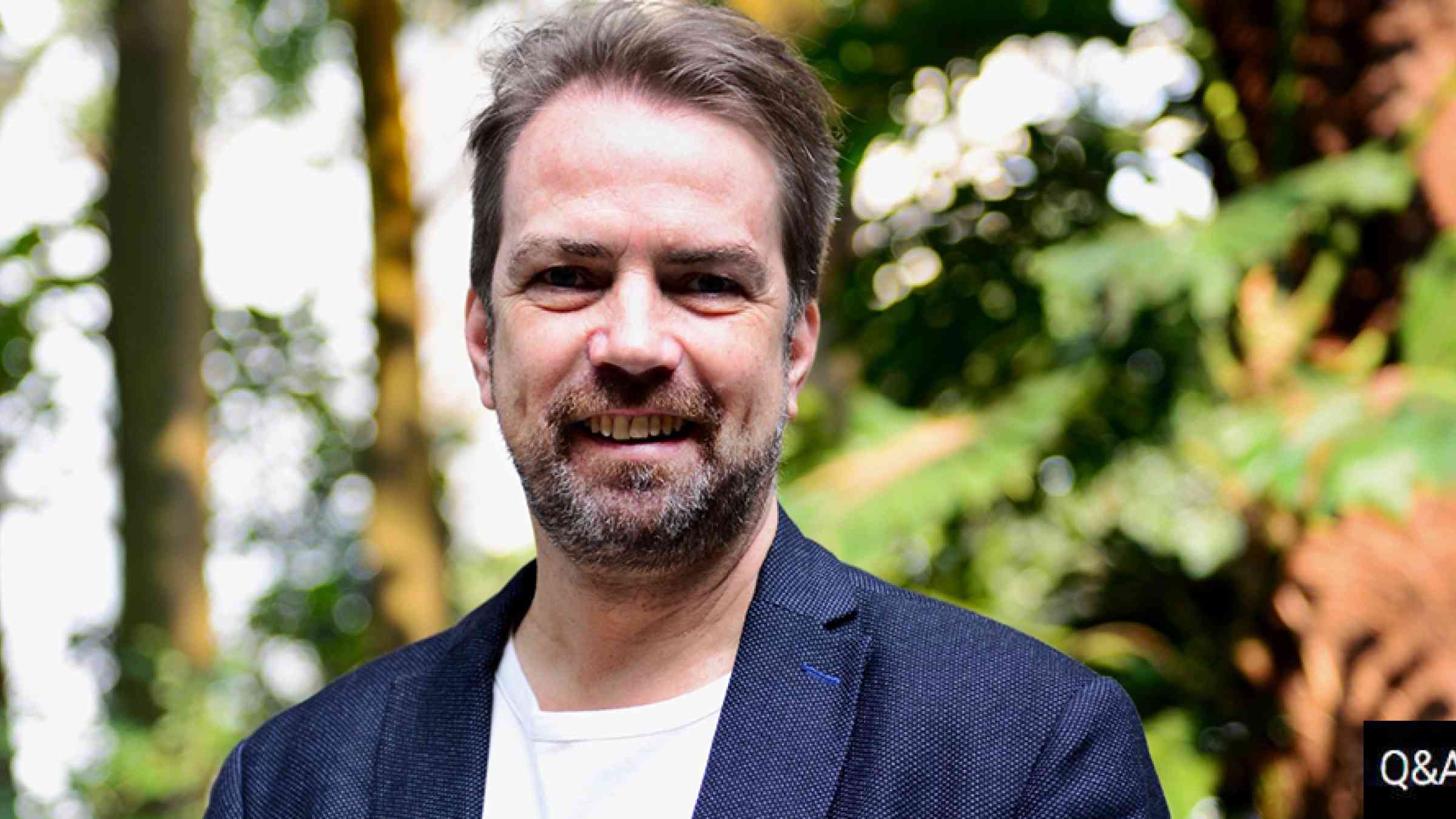
CASE STUDIES
Regenerating cities with nature: CLEVER Cities project
Led by the cities of Hamburg, London and Milan, the CLEVER Cities project is using nature-based solutions as a means to improve public health, social cohesion, and citizen security while increasing economic opportunities. Find out how the project works to establish new green spaces in these urban areas and works collaboratively on NbS in cities across Europe, South America and China. Learn more
Adaptation at Altitude: nature-based solutions in mountain areas
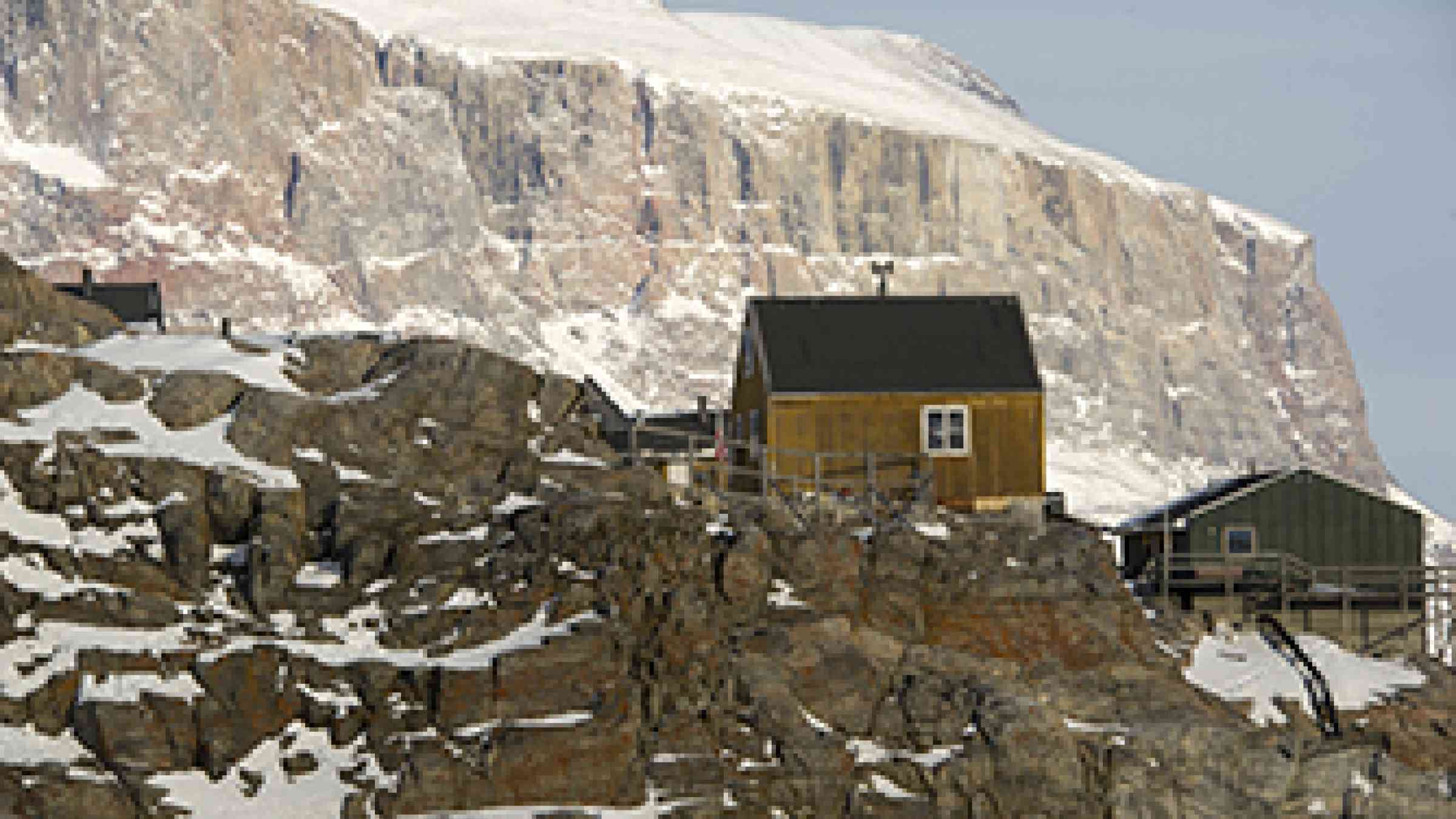
Adaptation at Altitude is a collaborative programme launched and co-supported by the Swiss Agency for Development and Cooperation that aims to boost the resilience and adaptation of mountain communities in the face of climate change. Rising temperatures, melting glaciers and changing precipitation patterns are disrupting water flows and affecting ecosystems, creating and worsening natural hazards and threatening livelihoods and communities. NbS offer high potential for addressing many of these challenges now and in the future. Read more
Eco-DRR: Ridge-to-reef for ecosystem-based disaster risk reduction in Haiti
From 2013-2016, the United Nations Environment Programme (UNEP) and the European Commission (EC) implemented a pilot demonstration project on Ecosystem-based Disaster Risk Reduction (Eco-DRR) in Haiti. In partnership with the National Government, the Municipality of Port Salut, and other local partners, the project aimed to reduce disaster risks in the Municipality of Port Salut through a landscape or ridge-to-reef approach. Learn more
DRR COMMUNITY RESOURCES: NbS on PREVENTION WEB
PreventionWeb is a collaborative knowledge sharing platform on disaster risk reduction (DRR), managed by UNDRR. In addition to hundreds of NbS resources, the site also offers a range of knowledge products and services to facilitate the work of DRR professionals.
Can we help nature bounce back? Realizing the benefits of nature-based solutions for climate resilience

The greatest solutions to a changing climate can be found in nature. As Hurricane Dorian hit the Bahamas, mangroves fringing the coastline were bending under the force of the waves, protecting the communities on shore.
The World Bank
Nature based solutions in UK climate adaptation policy

The report summarises evidence on the many ways in which Nature-based solutions (NbS) can address climate impacts in the UK, and explores the barriers and enabling factors that influence their wider uptake.
Source: Oxford University, World Wide Fund For Nature, Royal Society for the Protection of Birds
A catalogue of Nature-based Solutions for urban resilience

The catalogue of Nature-based solutions for urban resilience has been developed as a guidance document to support the growing demand for NBS by enabling an initial identification of potential investments in nature-based solutions.
Source: The World Bank, The Global Facility for Disaster Reduction and Recovery
Words into Action
All the guides in the series
